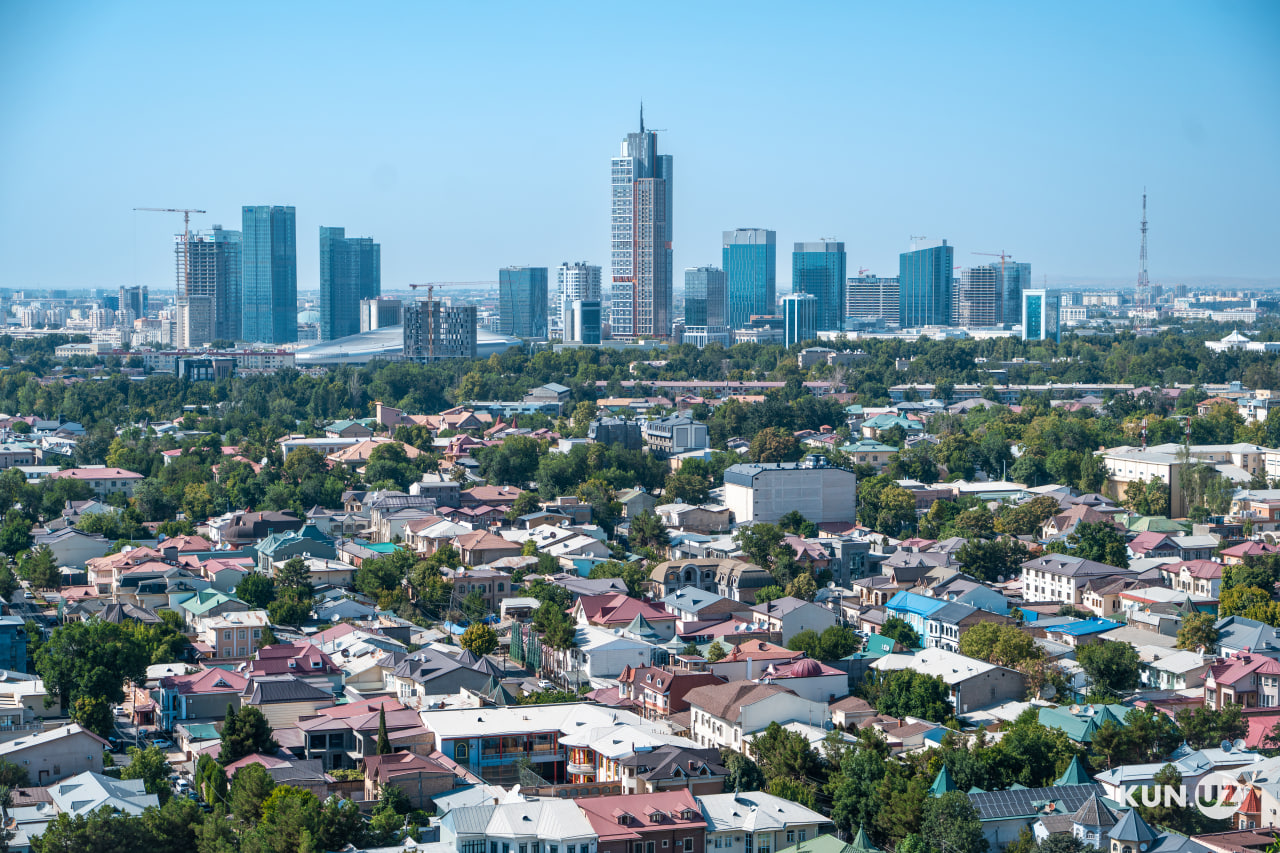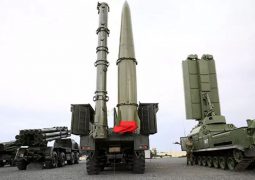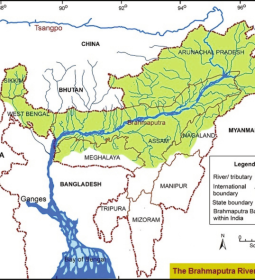Uzbekistan is Key Market for China’s Real Estate Giants in Central Asia


Image: TCA, Stephen M. Bland
Since 2021, China’s property sector has been navigating one of the most severe downturns in its history. A combination of mounting developer debt, strict government lending rules, and a large stock of unsold housing has pushed the country’s real estate giants into prolonged distress.
As speculative construction slows at home, Chinese companies are increasingly turning outward. Similar to firms in renewable energy, waste-to-energy, and electric vehicle industries, real estate developers now see foreign markets as essential for restoring balance and sustaining growth.
In this broader search for new opportunities, Uzbekistan has emerged as a highly compelling destination for Chinese investment. The country offers a rare mix of rapid demographic growth and urgent housing needs that few markets can match. Uzbekistan’s population is expanding at a fast pace, and more than 60,000 new households form every year. This demographic surge is placing enormous strain on the country’s already limited housing stock.
Official data shows that around 85,000 families are waiting for housing, yet annual construction increases the existing stock by only one to two percent. The result is a persistent shortage that cannot be resolved without sustained and large-scale capital investment. If this deficit remains unaddressed, it risks creating long-term social frustration.
Against this backdrop, the interests of Chinese real estate developers and Uzbekistan’s housing priorities are beginning to align. Chinese firms looking for stable and high-demand markets increasingly view Uzbekistan as an attractive place to expand. Tashkent, in particular, has become a center of growing cooperation with Chinese partners.

Several recent agreements illustrate this momentum. The Chinese firm TSC HK Investment is preparing a $340 million project for a residential complex and business center in the Chilanzar district of Tashkent. The city authorities have also signed agreements worth about $1 billion with CSCEC, including a major housing development valued at $440 million. Beyond the capital, another Chinese investor plans to allocate $250 million to build a modern complex covering 55 hectares in the city of Babur in the Andijan region.
For Chinese companies, Uzbekistan offers a large and expanding market that helps absorb China’s massive overcapacity in construction services, heavy machinery, and industrial materials such as steel and cement. Investing in Uzbekistan not only eases domestic economic pressure but also allows Chinese firms to demonstrate their capabilities in shaping the daily lives of Uzbek families.
Large residential projects provide opportunities to familiarize local communities with Chinese standards, technologies, and urban design practices. When these projects are executed successfully, they can contribute to a positive image of China and strengthen its soft power presence in the country.
For Uzbekistan, China’s growing involvement brings several advantages. Chinese investment can help meet the country’s rapidly rising demand for housing and reduce the likelihood of long-term social frustration linked to shortages. Chinese developers often work with integrated models that go beyond simple residential blocks. They build high-density and multi-functional complexes combining housing, business centers, educational facilities, and public services.
This approach aligns closely with Uzbekistan’s strategy to encourage sustainable urbanization, improve living conditions, and move away from unplanned urban sprawl. Most importantly, these investments generate employment. The TSC HK Investment project alone is expected to create 1,000 new jobs.
Alongside these benefits, there are legitimate concerns that require attention. The entry of large Chinese construction companies can put Uzbek firms at a disadvantage. Chinese developers typically operate through highly efficient global supply chains and may rely heavily on imported materials and sometimes labor.
Their ability to control everything from raw materials to the final construction creates a fully integrated ecosystem that local firms often cannot compete with. If Chinese companies consistently bypass Uzbek contractors, local businesses may face declining revenues and lose opportunities to develop their own industrial capacities.
The overall picture shows that the growing presence of Chinese real estate companies in Uzbekistan brings significant opportunities, but also risks. To maximize the benefits, Uzbekistan would gain from encouraging structured cooperation between Chinese and local firms. Policies that require the partial use of local contractors, materials, and labor can strengthen the domestic construction sector.
At the same time, Uzbek companies can learn from the international experience of their Chinese counterparts, which would raise local standards and capacities in the long term. A balanced and well-managed partnership can therefore support Uzbekistan’s development goals while offering Chinese companies a valuable external market, creating a mutually beneficial outcome for both sides.
- Previous First -need to be produced and then to be sold, by 2035, maybe – 100 Rafale jets and 8 SAMP/T air defense systems to Ukraine from France
- Next Aim 2 $bn. – Uzbek and Turkmen Presidents Agree on New Projects as Trade Tops $1 Billion
















